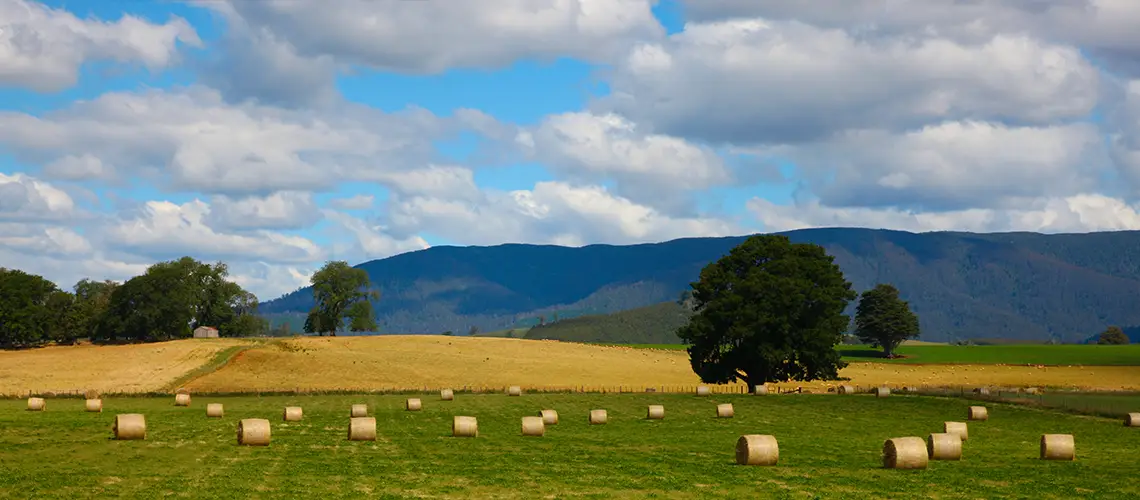Australia’s vast expanse is dotted with rural and agricultural lands that serve as the backbone of its economy. From vast cattle ranches in Queensland to vineyards in Victoria, the diversity of the land has given rise to unique valuation challenges. When it comes to property valuation Melbourne and its surrounding rural areas, several distinct factors come into play.
Factors Influencing Rural and Agricultural Land Valuation
In Australia, especially around regions like Melbourne, the valuation of rural and agricultural lands is influenced by a myriad of factors:
- Land Quality: The fertility and usability of the soil, presence of natural water sources, and overall topography can significantly impact land value.
- Accessibility: Proximity to major roads, towns, and cities, like Melbourne, can enhance the value due to better market access and connectivity.
- Existing Infrastructure: The presence of facilities like barns, irrigation systems, or farmhouses can add to the property’s worth.
- Land Use Restrictions: Australian rural lands might have zoning regulations or conservation restrictions that can influence valuation.
- Market Demand: The demand for specific agricultural products or the potential for property development can drive up land values.
Property Valuation Melbourne: A Special Mention
Melbourne, being one of Australia’s major cities, plays a pivotal role in influencing the valuation of surrounding rural and agricultural lands. The city’s economic pulse, infrastructural developments, and market trends can have ripple effects on property values in adjacent rural areas.
Challenges in Rural and Agricultural Land Valuation
The valuation of rural and agricultural lands in Australia is not without its challenges:
- Changing Climate: Australia’s evolving climate patterns can impact agricultural viability, affecting land values in the process.
- Diverse Land Uses: The multifunctional use of rural lands, from livestock grazing to tourism, can complicate valuation processes.
- Market Volatility: Fluctuations in global commodity prices or local market demands can lead to variable land valuations.
Approaches to Rural and Agricultural Land Valuation
Given the complexities associated with rural land valuation in Australia, professionals often adopt a combination of methods:
1. Comparative Sales Approach: This involves comparing the land in question with recent sales of similar properties in the vicinity.
2. Income Capitalization Approach: For income-generating lands, this method considers the net income the property can produce, capitalized at a rate that reflects the investment risk.
3. Cost Approach: This method considers the land’s value and the cost of any improvements, minus depreciation.
Rural and agricultural land valuation in Australia, particularly in regions around Melbourne, is a multifaceted process. By understanding the unique considerations, landowners, investors, and professionals can navigate the valuation process with greater clarity and confidence.
